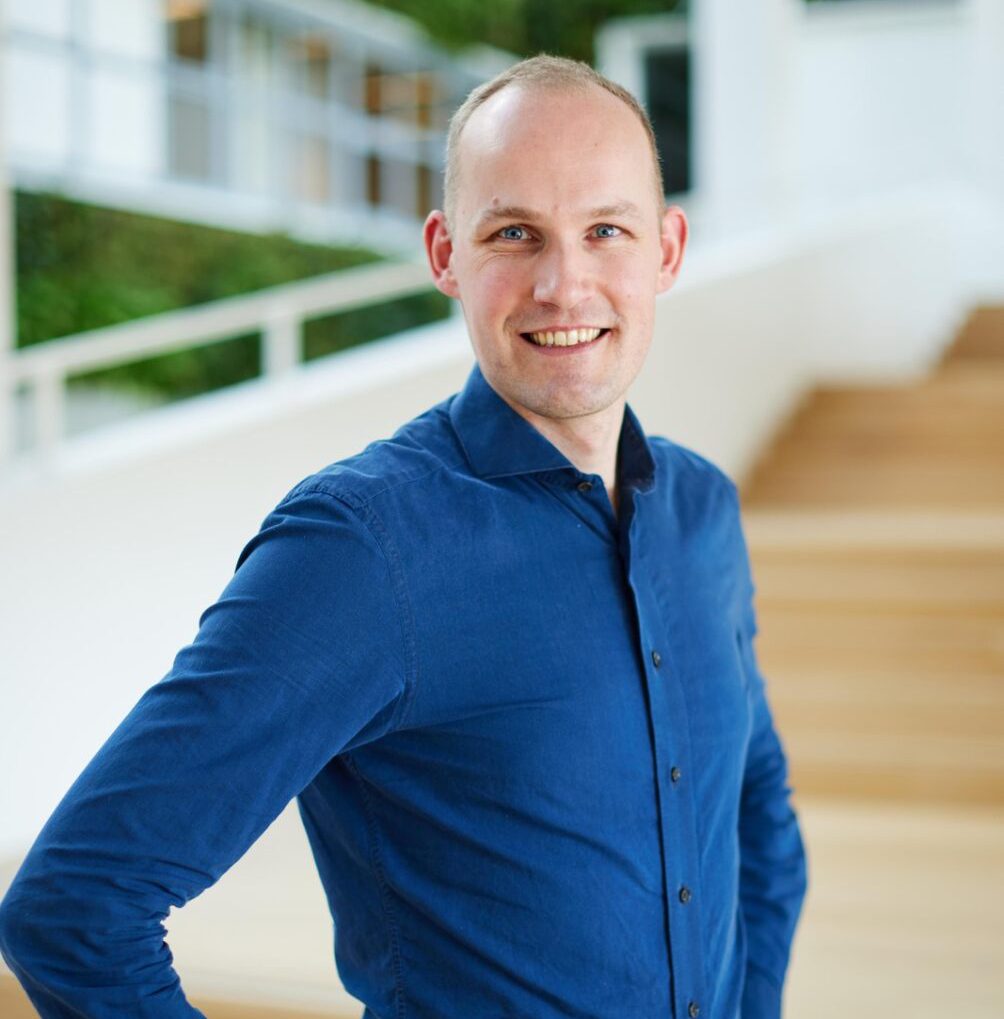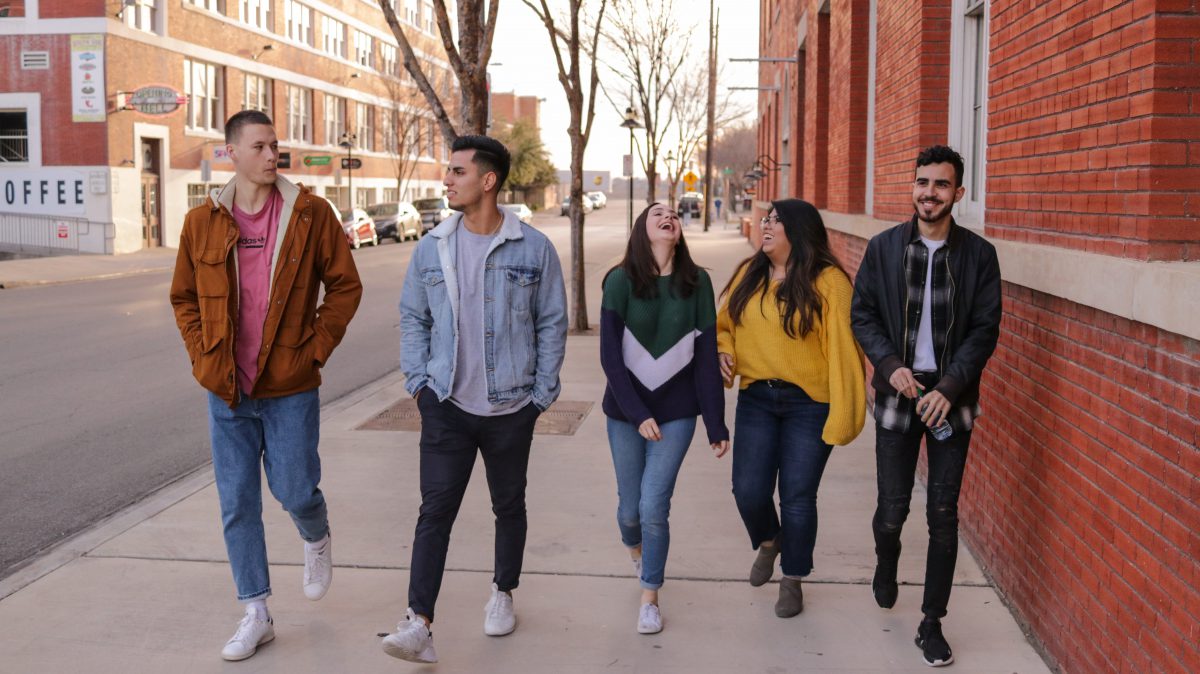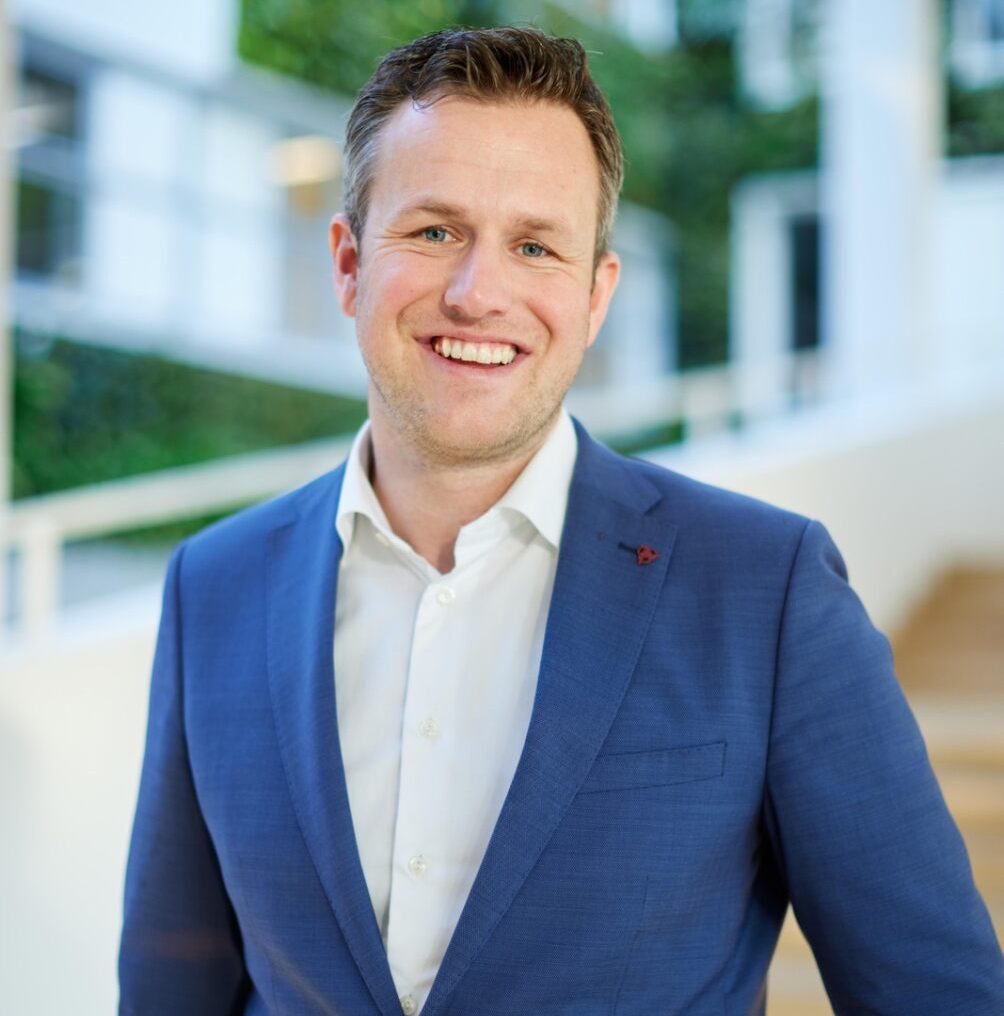Destination resilience in times of COVID-19 coronavirus
The world is witnessing an unprecedented situation with the outbreak of the COVID-19 coronavirus. Destination resilience is receiving increasing attention and will be(come) a key topic in debates as it deals with resistance, recovery and transformation in the context of external, autonomous shocks and stresses. The COVID-19 outbreak is one of those shocks and has huge impacts on destinations. Questions arise such as:
- Will visitors return?
- How fast will visitors return?
- Will tourism flows change?
- What can be done to respond by DMOs, entrepreneurs, governments?
- Will we return to situations of the past or evolve towards new states?
- How can we anticipate future shocks and stresses?
Of course, many more questions arise.
What is destination resilience?
Destination resilience is not new. It has been our focus for many years. We have published on the topic in the book “Destination Resilience” and in the leading Journal of Sustainable Tourism. My doctoral thesis focuses on destination resilience as well. Moreover, it is the topic of our current research project ‘building adaptive tourism areas’. Core to resilience is adaptive capacity. And core to adaptive capacity are the actions of individuals, their interactions, and their collective, coordinated activities which can lead to the (re)negotiation and (re)design of strategies, policies, institutional frameworks and other (organisational) structures.
COVID-19: building resilience
Crises such as the COVID-19 coronavirus outbreak trigger all sorts of actions at different individual, organisational and governance levels. How these actions play out over the next months of years, it so be seen. In the context of the visitor economy there are many uncertainties. To explore a few:
- The speed of change to the current status can be slow or fast and the nature of change can result in a business as usual scenario or a business as unusual scenario (see image below);
- Some destination and firms might experience a revival scenario as a result of quick changes and return to a business as usual. Others might need to take more time;
- Alternatively, some destination and firms may need to reinvent themselves, based on emerging urgencies in times of COVID-19 and the aftermath, and explore scenarios of transition (slow change, new business models) and transformation.
Our work is focusing on understanding possible futures for instance by means of scenario planning, identify implications, map critical conditions to move forward, and develop strategies to reach them. Do you want to learn more, share perspectives or collaborate on (research) projects? Do not hesitate to reach out to Stefan.
1 å




